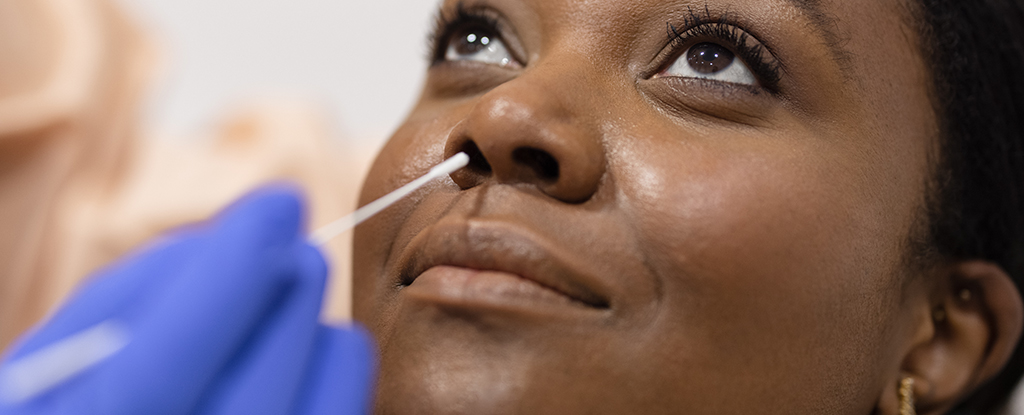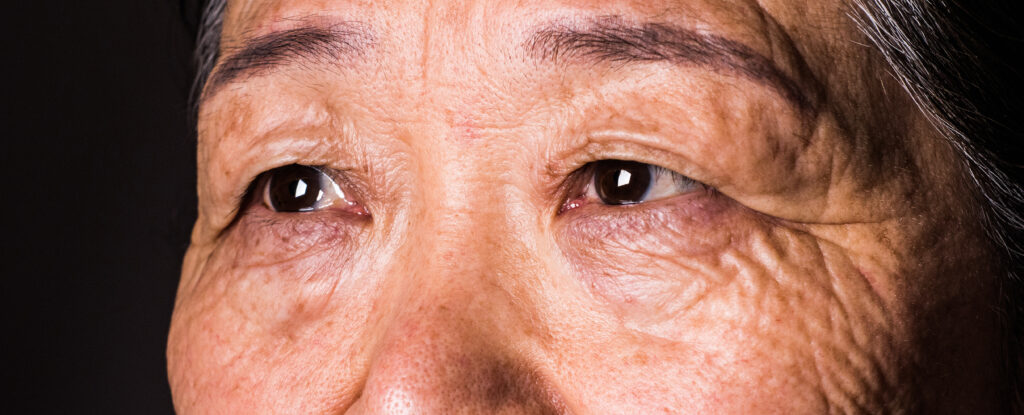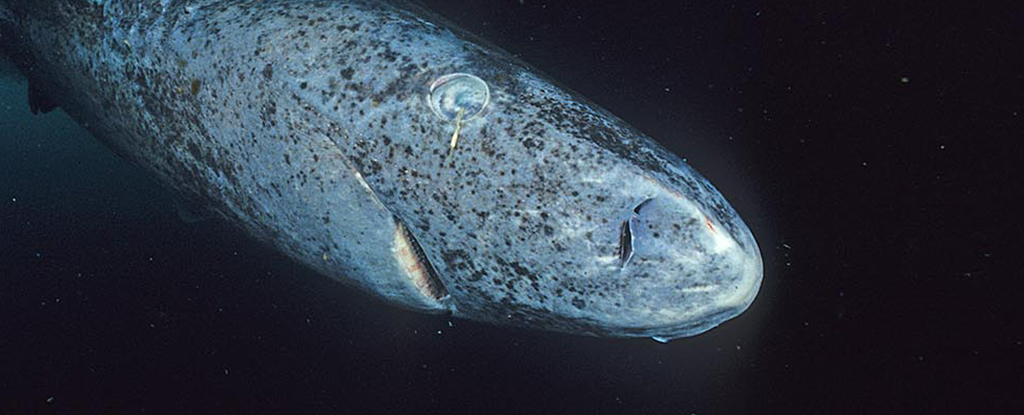A detailed comparison of COVID-19 cases has finally provided insight into why some individuals have yet to endure so much as a sniffle from a virus that brought much of the world to its knees.
Based on an analysis of the genetic activity in the nasal tissues and blood of people with unsuccessful SARS-CoV-2 infections, a team of researchers led by the Wellcome Sanger Institute and University College London in the UK has discovered a novel immune response that provides a robust front-line defense.
While vaccines and their boosters have radically reduced the risk of death and severe complications from COVID-19, they do little to stop the virus from mounting a beachhead in the lining of the nose and respiratory system.
For most people, this temporary establishment makes for a miserable week or so of running noses, coughing, and relatively mild body aches.
Yet for a fortunate few, infection is so fleeting the body barely has time to come up with so much as a single ‘achoo’. For all purposes, a small number of individuals have remained completely COVID-free in spite of an ongoing global pandemic.
Just why some people are better protected than others hasn’t been clear, with field research complicated by difficulties in accurately pinpointing the moment of exposure.
To get around this obstacle, researchers implemented what’s known as a challenge trial, intentionally infecting 36 healthy volunteers aged 18 to 30 with a pre-Alpha strain of SARS-CoV-2 under strict laboratory conditions.
Crucially, sixteen of the participants had never been vaccinated and presented no signs of a previous SARS-CoV-2 infection.
“This was an incredibly unique opportunity to see what immune responses look like in adults with no prior history of COVID-19, in a setting where factors such as time of infection and comorbidities could be controlled,” says quantitative systems biologist Rik Lindeboom, now at the Netherlands Cancer Institute.
Blood and nasal swabs taken from the volunteers for up to a year after infection were analyzed using single-cell RNA sequencing, providing a timeline on the activity of hundreds of thousands of individual cells in unprecedented detail.
From this extraordinary dataset the team identified three categories of infection – transient, sustained, and abortive. It was in this third group that they uncovered the body’s secret weapon for avoiding COVID-19.
Where most people mount a rapid immune response against the invading virus in their blood, these volunteers showed a subtle but much faster reaction in their nasal tissues that included the activation of mucosal-associated invariant T (MAIT) cells and a drop in inflammatory white blood cells, which cleared the virus before it set in.
The researchers also identified elevated expression of the gene HLA-DQA2 in nasal cells prior to their being inoculated, one of a number of genes that have previously been linked with mild or symptomless SARS-CoV-2 infections.
“These findings shed new light on the crucial early events that either allow the virus to take hold or rapidly clear it before symptoms develop,” says the study’s senior author Marko Nikolić, a respiratory medical scientist at University College London.
“We now have a much greater understanding of the full range of immune responses, which could provide a basis for developing potential treatments and vaccines that mimic these natural protective responses.”
As successful as public health programs have been at curbing the worst of the COVID-19 pandemic’s effects, the most vulnerable in our community continue to be at risk of long-term health problems and death from a virus that is content to spread and adapt unabated.
Understanding how human biology copes with a viral attack is vital if we’re to combat not just this enduring threat, but also the even deadlier diseases we’ll no doubt encounter in the future.
This research was published in Nature.





